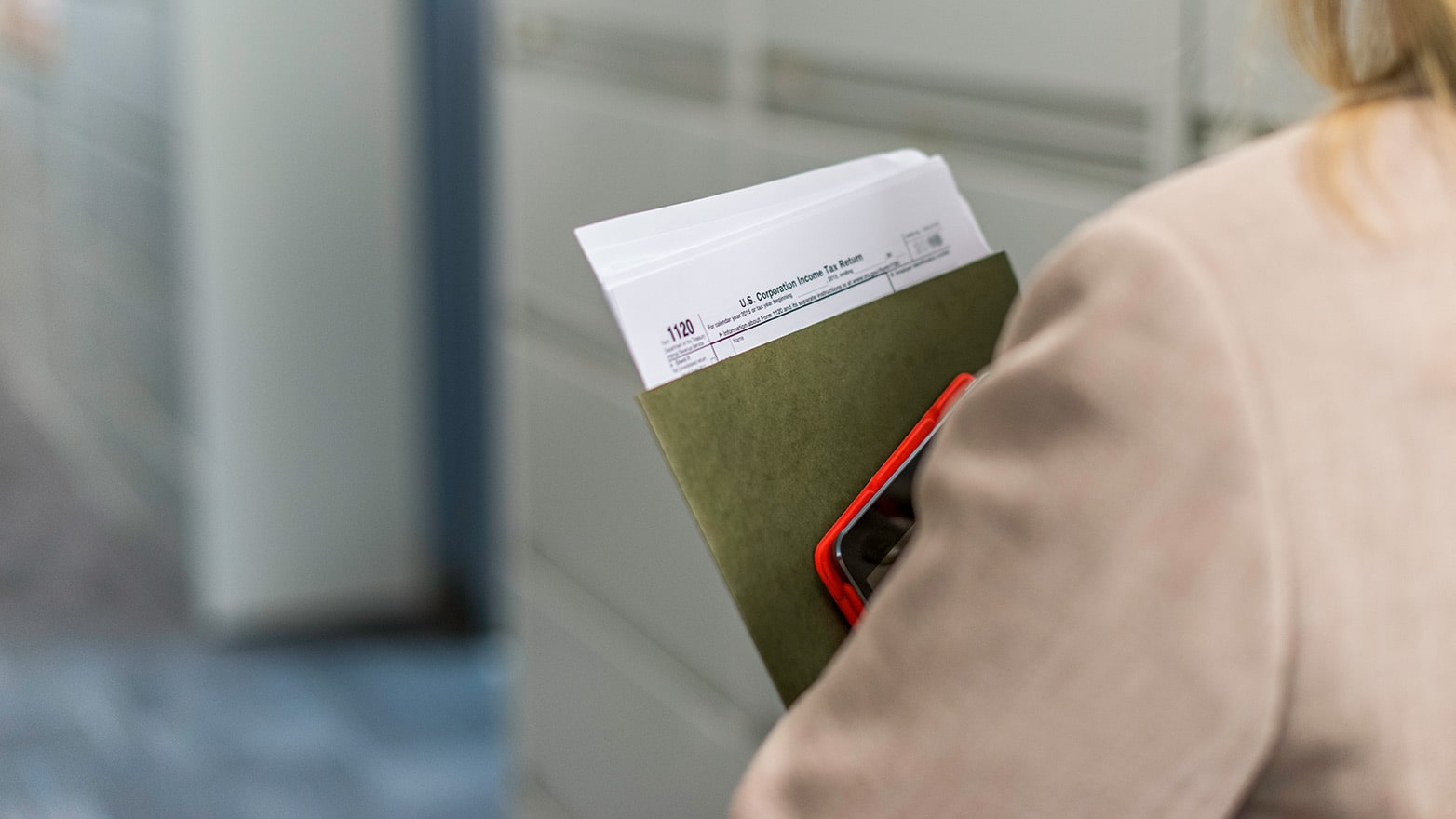Introduction – What are Statute-Barred Tax Years? The Canadian tax system is based on the principles of self-assessment, which requires that Canadian taxpayers perform their own due diligence and to report their taxable income to the Canada Revenue Agency (“CRA”) for tax assessment. Under subsection 152(1) of the Canadian...
Background on Directors Liability for Taxes: The Tax Court of Canada has recently decided a case regarding director’s liability for unremitted GST/HST. Generally, a director of a corporation can be held personally liable to CRA for various corporate liabilities such as unremitted GST and HST, as well as unremitted...
Introduction to Third-Party Tax Liabilities under Section 160 and Section 325 Section 160 of the Income Tax Act and Section 325 of the Excise Tax Act are derivative tax liability provisions. This means they empower the Canada Revenue Agency to pursue other people, third parties, for the unpaid income...
What are Net Worth Tax Audits? A net worth audit is an indirect tax audit technique used by the Canada Revenue Agency or CRA where it has cause to believe the taxpayer’s usual records are not an accurate reflection of the taxpayer’s income. To conduct a net worth audit,...
Introduction – Indirect Tax Audit Methods Canada’s income tax system is designed around every taxpayer, individual, corporation or trust, filing an annual return which reports all of the income that taxpayer earned during the year. Similarly, GST/HST is administered by requiring suppliers of goods and services to regularly file...





